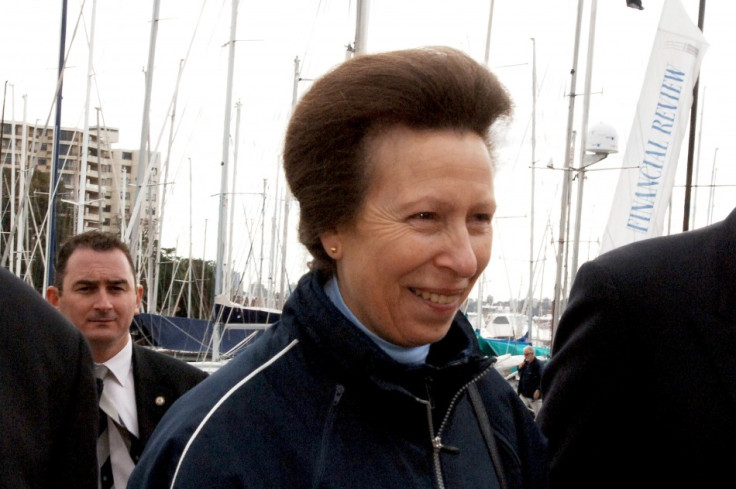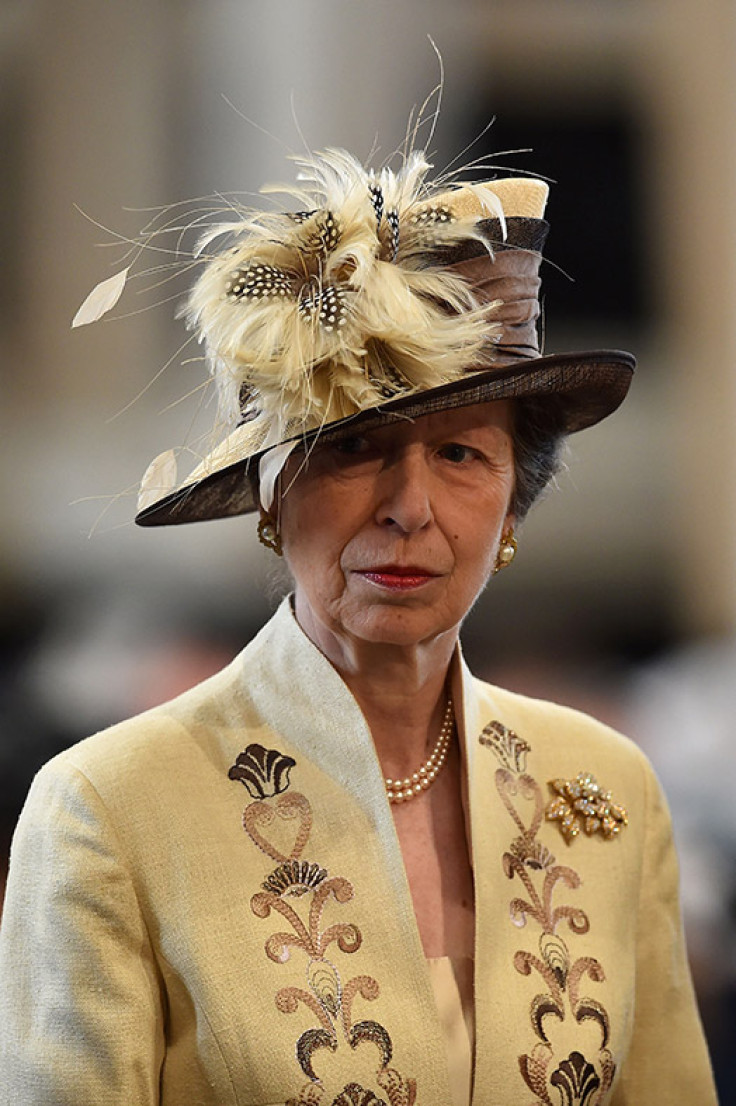Royal feud: Princess Anne and Prince Charles clash over GM crops
The Princess Royal hopes to grow GM crops if regulations are relaxed after Brexit.

Senior members of the British Royal Family have clashed over genetically modified (GM) crops. Princess Anne, whose brother Prince Charles is famous critic of GM foods, said yesterday (21 March) objections to the technology were fanciful.
The Princess Royal told the BBC she intends to grow GM crops on her Gloucestershire farm if regulations are relaxed after Brexit. At present only six UK farms have obtained the strict EU licence to trial altering the DNA of plants in the hope of improving their yield and resilience.
Anne said: "If we are going to be better at producing food of the right value then we have to accept that genetic technology, whether you call it modification or anything, is going to be part of that."
Prince Charles has previously warned that GM produce could provoke "the biggest disaster of all time". He has described GM methods, which are employed on around 10% of the world's arable farmland, as a "gigantic experiment with nature and the whole of humanity which has gone seriously wrong".
But 66-year-old Anne is unperturbed by her brother's prophecy of doom. She told the BBC: "To say we mustn't go there 'just in case' is probably not a practical argument." Adding: "Gene technology has got real benefits to offer."
It is not the first time the Princess has caused controversy. In 2013 she hinted that more people should eat horse meat. She told a leading horse welfare charity that horses would be treated better if their owners knew that they could sell them for meat, according to The Times.

The Princess Royal's country residence, Gatcombe Park, includes a working farm that features both crops and livestock. Charles, the heir to the throne, produces and markets a range of organic foodstuffs through his brand Duchy Originals.
A spokesman for the National Farmers' Union said: "British farmers should have the choice to access the best technologies, such as advanced plant breeding, to ensure they can remain competitive and produce quality food while protecting the environment."
© Copyright IBTimes 2024. All rights reserved.





